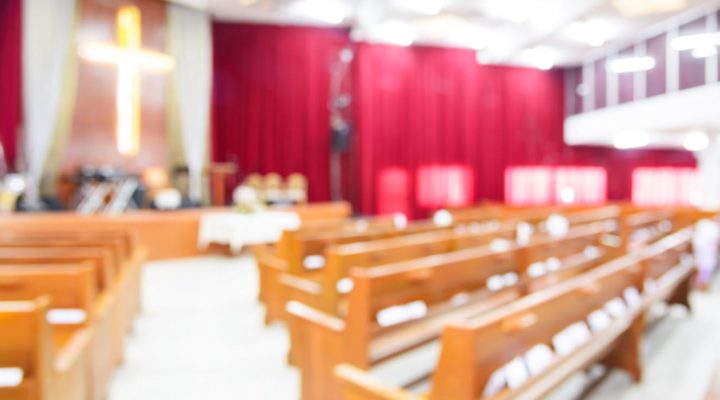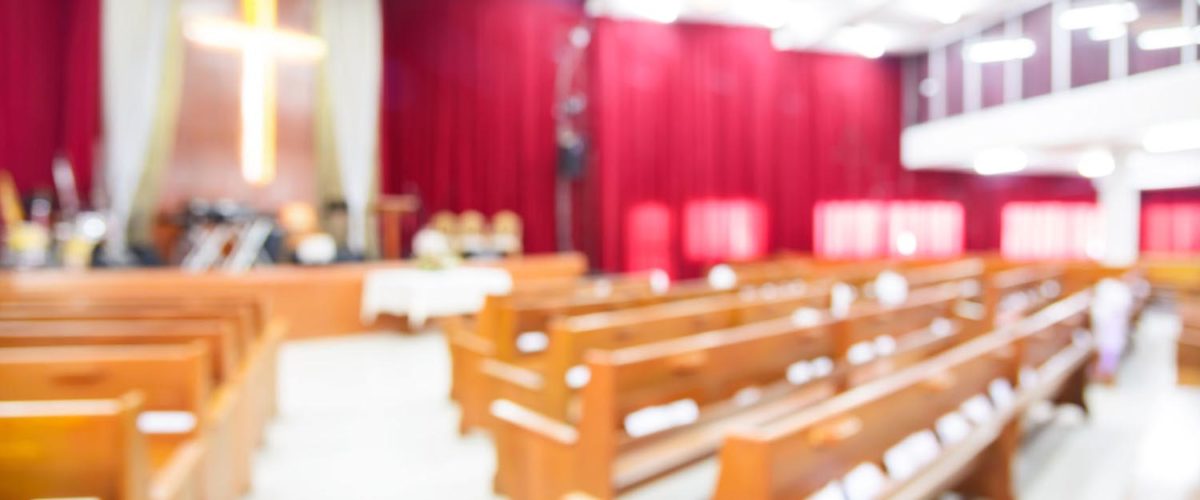A computer scientist who crunched the numbers on American religion says the decline of faith will accelerate during the next 20 years.
That conclusion comes in part from Odin College professor Allen Downey’s analysis of General Social Survey data provided by the National Opinion Research Center.
It’s also based on the theory of secularization: “as societies become more modern, they become less religious,” Allen said in a blog post titled “the retreat from religion is accelerating.”
It all suggests continuing declines in religious belief and affiliation.
Nothing to fear
But is decreasing religiosity and increasing secularization such a bad thing?
“I don’t think it is,” said Kevin Glenn, lead pastor at Calvary Baptist Church in Las Cruces, N.M.
Glenn said he gets that perspective from the Bible, where the people of God, of whatever era, are depicted as numerical and spiritual minorities in the places they live.
One man, Moses, was sent to liberate a small nation in Egypt. In the New Testament, the gospel is spread by 12 disciples.
“It doesn’t change our mission and it’s not something we should fear,” he said. “I actually think it’s something we should expect.”
Unfortunately, the reaction of some Christians in the U.S. has been to perceive themselves as victims in the emerging reality of faith in America, he said. They have responded to declines and differing beliefs with anger, fear and feelings of persecution.
Another common response is to try to exert control, Glenn said.
“Christians have tried for too long to effect change in culture through political power, and I think we see that backfiring.”
Instead, Christians must seek to rely on Christ’s power and to adopt postures of humility and service.
“We need not feel persecuted or oppressed … but to become reacquainted with the role people of God have played in the world when they made the biggest difference — and that’s being a prophetic minority,” Glenn said.
Peace up, religion down
The downward trend in religious Americans can be a positive in other ways, said Cody Sanders, pastor at Old Cambridge Baptist Church in Cambridge, Mass.
“‘Religious Americans’ aren’t necessarily Americans who are living out the gospel’s call of cultivating peace deeply rooted in justice,” Sanders told Baptist News Global in an email. “So, to my mind, having fewer religious Americans someday in the near future isn’t necessarily all negative.”
Fewer religious Americans may translate into fewer Americans oppressing LGBTQ people through faith-motivated violence, he said.
“If we had fewer ‘religious Americans’ who used religious belief to justify oppressive racial systems — terrific,” he added.
Sanders also noted the predicted declines may reduce the number of instances of conservative Christian politicians involved in sexual misconduct.
“If we had fewer ‘religious Americans’ who used Christianity to justify molestation and pedophilia, well that’d just be a gift to us all.”
Sanders cited a 2014 Pew Religious Landscape study suggesting that the numbers of people experiencing deep spiritual peace and wellbeing even as religious adherence and belief were declining.
“We should be asking ourselves whether what we do every Sunday morning and the days in between is increasing peace and well-being and wonder, or if it’s simply trying to bolster religious ‘belief’ or, even more likely, simply boring us to death,” Sanders said.
A similar question can be asked about the purpose of churches in light of predicted declines.
“These stats can either be a dreaded harbinger of death for churches desperate to maintain the status quo, or they can be invitations to wonder and learning and creativity for congregations willing to risk pursuit of the Spirit’s path,” Sanders said.
The difference in attitudes by generation may hold some of those answers.
Downey wrote that more than 70 percent of those born before 1940 profess strong belief in God, compared to 40 percent of young adults share that belief. Among the rest, 20 percent are atheist or agnostic.
Scripture won’t fare any better.
“In the next 20 years, people who consider the Bible the literal or inspired word of God will be replaced by people who consider it a collection of ordinary documents, but this transition will be slow,” Downey said.




